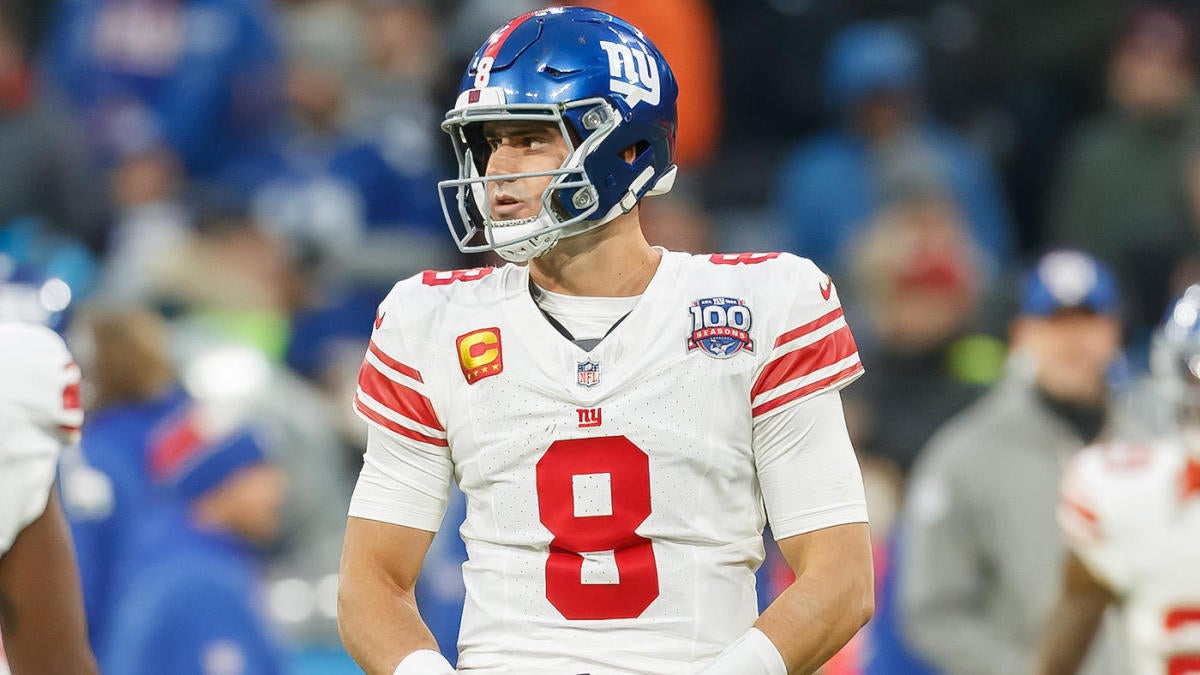Sports
Billy Shaw, Bills icon and Pro Football Hall of Famer, dead at 85

Billy Shaw, a Pro Football Hall of Fame offensive lineman and Bills legend, died on Friday.
He was 85.
Shaw died due to hyponatremia (a condition where sodium in the blood is abnormally low), according to his family.
His wife and three daughters were by his side, per the Bills.
He was inducted into the Hall of Fame in 1999 after a career in football in which he was an eight-time AFL All-Star in the 1960s.
“Billy Shaw holds the distinction of being the only member of the Pro Football Hall of Fame to play his entire career in the American Football League, but while that fact is worthy of noting and nice to recite, it comes nowhere near providing the reason he was elected as a member of the Class of 1999,” Hall of Fame president Jim Porter said in a statement.
“Billy’s all-around athleticism brought a new dimension to the guard position and made the 1960s Buffalo Bills a formidable opponent capable of bruising opponents with a punishing rushing attack. And while Billy could be unforgiving to anyone in his way on the football field, he was the classic example of the ‘Southern gentlemen’ off the field to everyone he encountered.”

Shaw was drafted into the AFL (by the Bills) and the NFL (by the Cowboys) in 1961 after a successful college career at Georgia Tech, which saw him earn first-team All-SEC honors in 1960.
Shaw eventually decided to play for the Bills in the AFL from 1961-69, winning two AFL titles with the team in 1964 and 1965.
He was an AP All-Pro five times before retiring after the 1969 season.










